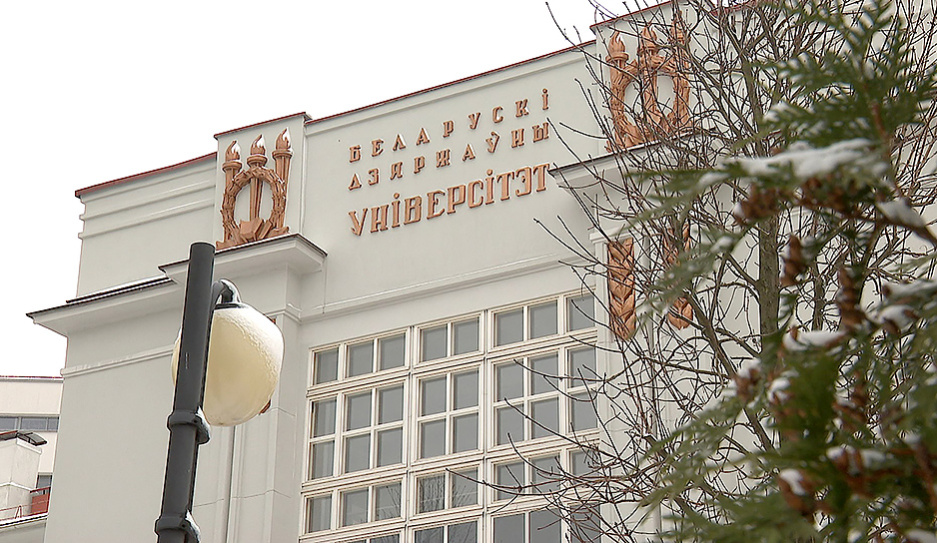At the beginning of the nineties, Barcelona received one and a half million tourists a year. Now there are more than twenty million. Barcelona and its surroundings were at some point the economic engine of Spain thanks to its factories, which attracted millions of inhabitants from the most impoverished provinces via immigration. Today, the industrial sector, although it survives, is not even a shadow of what it once was. Thirty years have passed since the great transforming event in Barcelona, the 1992 Olympic Games.
It was, to put it in some way, the great initiation rite of Spanish society, which was finally getting rid of the shadow of Francoism and fully entering contemporary Europe. Barcelona rose to the occasion, astonished the entire world and filled its compatriots with pride. The city was transformed, opening up to the sea and destroying how “modern” it could have become. An imitation of that turn-of-the-century capital that followed in the modernist wake of Paris. Three decades later, Barcelona is a pale shadow of its former self.
It is still grand, beautiful and full of possibilities, but selling its soul to mass tourism has had serious consequences: the difficult access to housing has displaced Barcelonans to peripheral neighbourhoods, the economy bets almost everything on commerce and tourism -sectors traditionally taxes with low salaries and precarious positions–, the high ones do not invite companies to settle there, the fright of large corporations after the messes of the ‘procés’ have caused the Catalan GDP to decline. The Olympic momentum has lasted long enough to pay for the ballot of an entire generation. Now it’s time to rethink the economic model and bet on the future.




